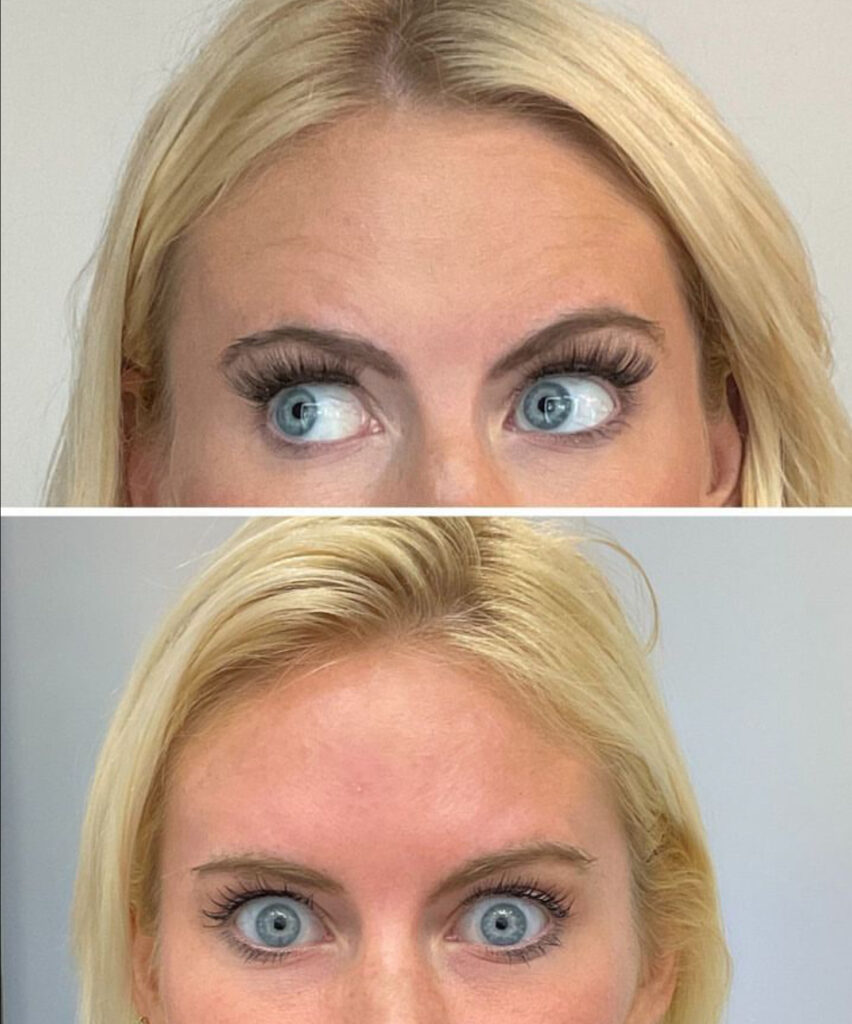
In the ever-evolving world of skincare and beauty, social media platforms like TikTok often become breeding grounds for viral trends. One such trend that gained significant attention recently is the use of flaxseed gel as a purported natural alternative to botox. However, while the allure of a natural remedy for youthful skin may be appealing, it’s essential to examine the scientific validity behind these claims.
Flaxseed gel, derived from boiling flaxseeds in water, has been hailed as a miracle ingredient for achieving smoother, younger-looking skin by some TikTok users and beauty enthusiasts. The gel supposedly tightens the skin, reduces wrinkles, and provides a botox-like effect due to its purported properties. However, it’s crucial to note that these claims lack substantial scientific backing.
Flaxseed gel primarily consists of mucilage, a thick, gluey substance found in various plant materials. While mucilage itself has moisturizing properties and can create a temporary tightening effect on the skin upon application, the comparison to botox is misleading and scientifically unfounded.

Botox, short for Botulinum toxin, is a neurotoxic protein produced by the bacterium Clostridium botulinum. It works by blocking nerve signals in the muscles where it’s injected, thus temporarily paralyzing or weakening them. This action relaxes the muscles, diminishing the appearance of wrinkles caused by repetitive muscle contractions, such as those seen in frown lines or crow’s feet.
The mechanism of action of botox is vastly different from the purported effects of flaxseed gel. Botox’s impact is targeted at specific muscles, affecting their movement and reducing the appearance of wrinkles, whereas flaxseed gel’s effects, if any, are largely superficial and temporary.
Furthermore, the efficacy of flaxseed gel in providing long-term anti-aging benefits remains unproven. While it may offer some hydration and a slight firming effect due to its mucilage content, the degree and sustainability of these effects are not comparable to the results achieved through botox injections, which are backed by extensive research and clinical trials.
It’s important to approach skincare trends with caution and skepticism, especially those lacking substantial scientific evidence. While natural remedies can complement skincare routines, expecting them to replicate the effects of medical procedures like botox is unrealistic and potentially misleading.
As with any skincare regimen, consulting dermatologists or skincare professionals is crucial before trying new products or treatments, especially those claiming to mimic the effects of medical procedures. Understanding individual skin types, concerns, and the science behind skincare products is fundamental to making informed choices about one’s skincare routine.
In conclusion, while the TikTok-driven flaxseed gel trend may offer short-term hydration and a temporary skin-tightening effect, it is essential to recognize its limitations and the stark contrast between its mechanism of action and that of botox. Relying on evidence-based treatments and consulting professionals remains key in achieving safe and effective skincare results in the long run.